Graham Reid | | 2 min read
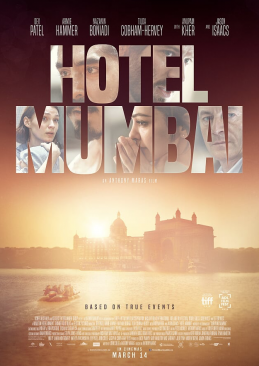
On the far wall of the luxurious lobby of the Taj Mahal Palace Hotel in Mumbai/Bombay there is a list of names.
To see it you have to get through the strict security outside – cars checked for concealed explosives, bags scrutinised – and then walk past the casually wealthy sitting in the spacious and airy lobby where staff are impeccably dressed and attentive.
The list of 32 names (the final one a mystery) are of those who were killed in this stately and historic building during a prolonged terrorist attack in November 2008.
The jihadi killers arrived from training in Pakistan by inflatable dinghy near the Gateway of India across the road from the hotel and spread out to other sites around the city, notably the crowded railway station, the beautiful Metro Cinema built in the Thirties and the famous Leopold Cafe frequented by tourists, and to other places.
Their victims – nearly 200 in total – were not chosen but gunned down at random or killed by explosives. Mumbai – and the world – watched in increasing and helpless horror.
Terrorists often aren't picky and these young men were guided by some notion that creating such havoc would somehow get them a martyr's place in whatever heaven they conceived, and that somehow their callous act would avenge what had happened to Muslims in the city during Partition some 60 years before.
We'll never know if they got to their heaven but within months the damaged areas of the Taj Mahal Palace Hotel had been rebuilt and it has been business as usual – mostly – since then.
Hotel Mumbai – mostly shot on a set in Adelaide which recreated the hotel's interiors – mixes a little documentary and news footage from the time with a fictional narrative (based on a survivor's story) of what it was like for the victims and those trapped inside the Taj as the occupation by the terrorists played out over days.
This is not the first film of the horrific events but with real star power – the popular Dev Patel (someone will make the bad joke about him being in another hotel movie), American Armie Hammer, Jason Isaacs as a sleazy Russian businessman and glamorous Iranian-born actress Nazzanin Boniadi – it is the one which will gain the most attention.
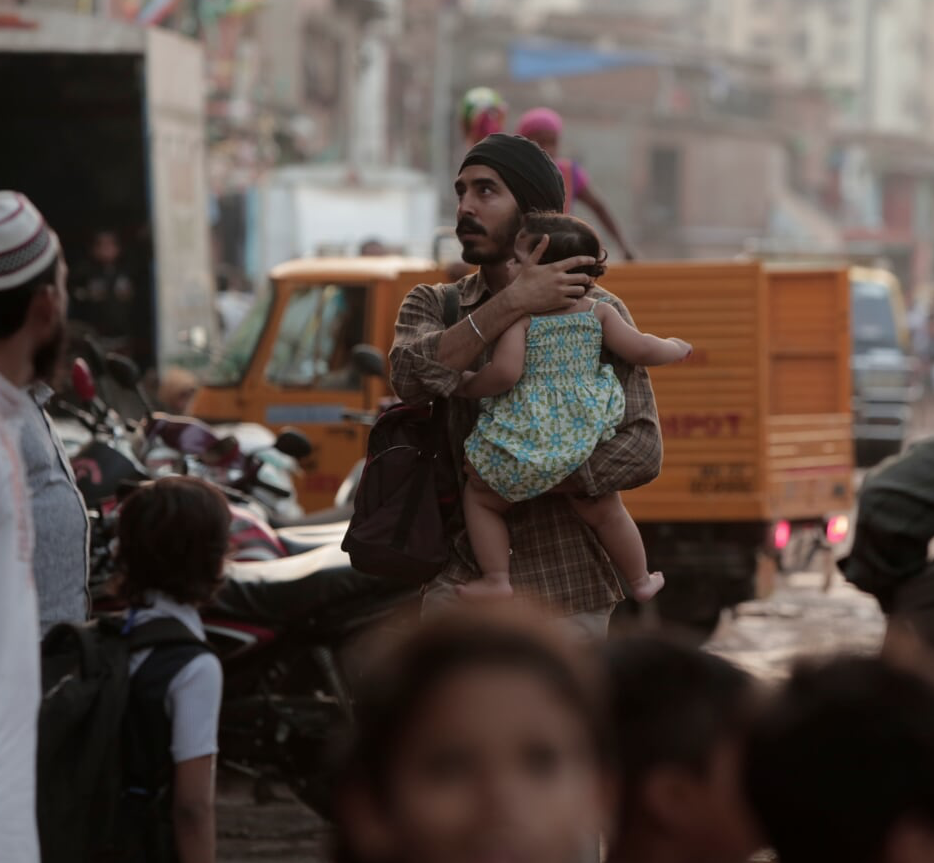 It is brutal – the killers fire indiscriminately or with cruel and calculated indifference at women, children, staff and guests alike – and tense. And Australian director Maras (The Palace, Azadi) doesn't spare the storyline by offering someone who saves the day, although at first blush when hunky Hammer appears it looks like he could be our action hero.
It is brutal – the killers fire indiscriminately or with cruel and calculated indifference at women, children, staff and guests alike – and tense. And Australian director Maras (The Palace, Azadi) doesn't spare the storyline by offering someone who saves the day, although at first blush when hunky Hammer appears it looks like he could be our action hero.
Yes, some people behave heroically but mostly they are scared witless and sometimes just acting on instinct . . . which gets some of them killed.
There are small incidents which are illuminating – one of the fundamentalist terrorists won't touch a woman's breasts in a search for her ID despite having mowed her and others down – and the caring attitude of many of the hotel staff to their guests seems strange, admirable but entirely in keeping with the loyalty they have to the grand institution which employs them.
Hotel Mumbai will doubtless be criticised for some portrayals (Patel is excellent again, Hammer plays against type well) but it humanises the terrorists so they are not mere cyphers and it is a harrowing, tense 125 minutes as the narrative shifts between the staff and guests whose stories intersect, and that of the terrorists.
More thriller than action movie, Hotel Mumbai is a horrifying ride and a reminder that terrorists can strike anywhere, not just marketplaces or embassies but right in the heart of wealth, privilege and luxury.
Hotel Mumbai opens in New Zealand cinemas on Thursday March 14

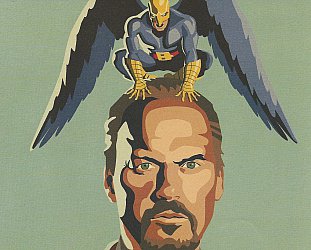
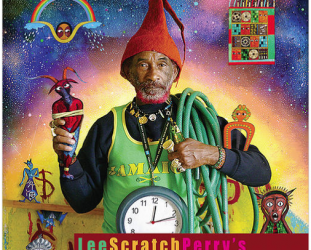
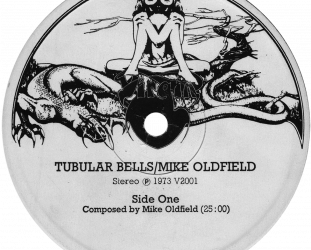

post a comment